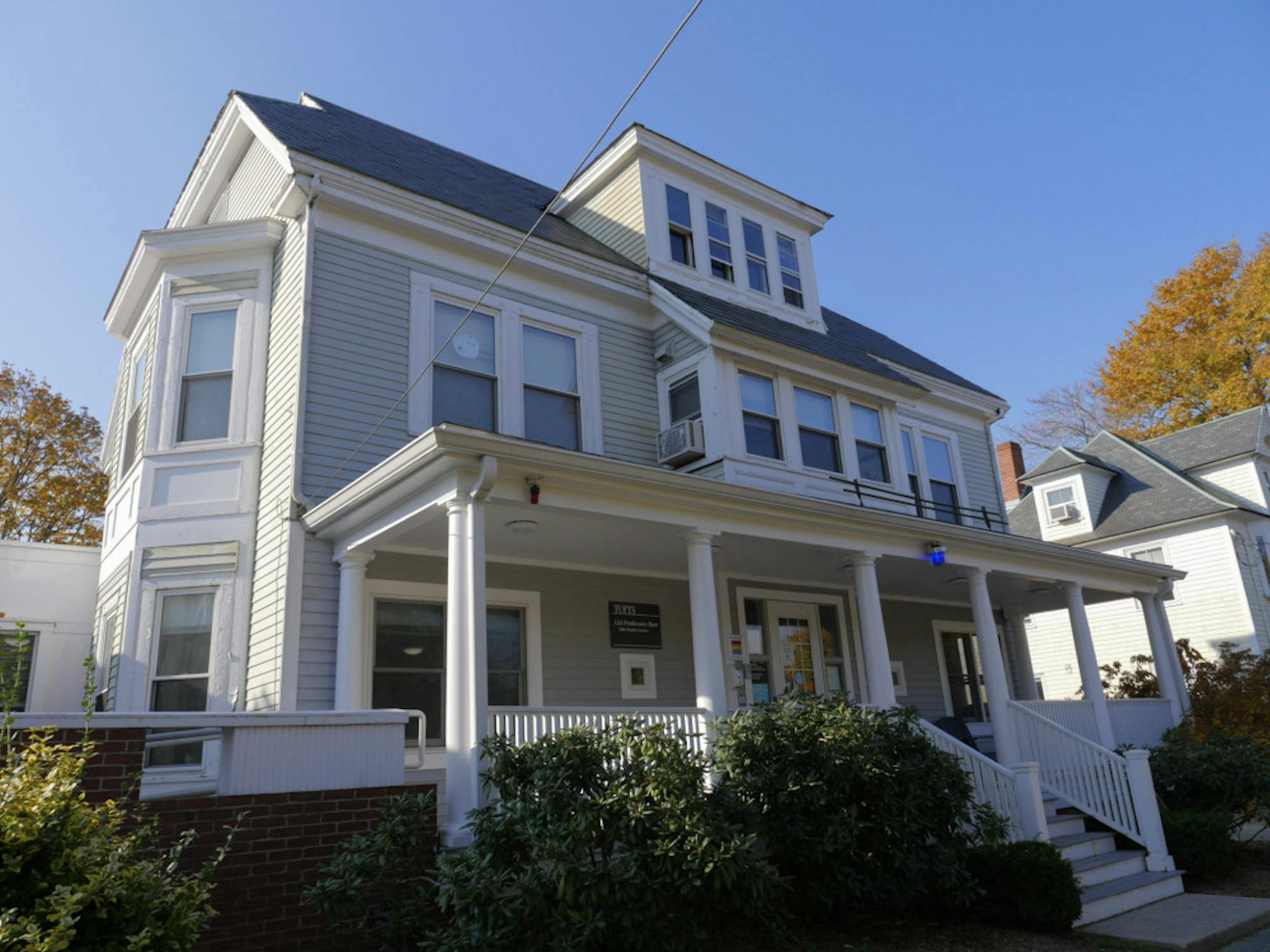This semester, Tufts Counseling and Mental Health Services is continuing to offer virtualprograms and workshops, including those created to target pandemic-specific challenges.
Since the start of the pandemic, CMHS has created several new groups targeting mental health challenges that can arise in quarantine. One such group offered this semester for both undergraduate and graduate students is the ReST & Renew group. This group offers Resiliency Skills Training (ReST) and is meant to help students work through the uncertainty and unexpected challenges that arise during the pandemic.
CMHS Director of Outreach and Group Programs Marilyn Downs discussed the motivations behind this new programming.
“We have expanded our group and workshops offerings during the pandemic because we wanted to create more opportunities for students to connect with each other,” Downs wrote in an email to the Daily.
Other more permanent groups were modified for the pandemic, such as the Coping with Loss in a Remote World group for those who have experienced the death of a loved one. A group about journaling for self-care was also created during the pandemic and was offered over last spring and this past summer. According to Downs, it will probably be offered next spring as well.
Downs explained that usually groups and workshops are unavailable over the summer, due to the small number of students on campus. The transition to a virtual format, however, made these offerings possible, since students could participate from other locations. During the school year, this format increased accessibility, since a Zoom meeting is easier to squeeze in between classes, Downs said.
However, the virtual environment comes with its disadvantages. Downs described how the Zoom sessions are different than the in-person meetings held in a comfortable conference room space where everyone can sit together.
“You're sitting in a circle, you're in each other's presence, in a room in real time and space,” Downs said in an interview with the Daily. “It actually does feel different than looking at your screen and seeing people in squares in front of you. I think there is some loss of the connection by being on Zoom. On the other hand, it makes it possible to meet.”
Matthew Zimon, co-president of Active Minds, a club focused on raising mental health awareness on campus, agreed with Downs about the benefits and challenges of Zoom. He said it may be best to have both in-person and virtual options in the future.
As of now, it is unclear when the groups will transition back in person or whether some virtual options will be continued in the future.
CMHS intends to tailor the courses towards student needs as the pandemic continues.
“We try to switch up our groups just a little bit each semester so that we can cast our net a little ... and try to meet different people's needs," Downs said.
This semester their topics include body image, growing up with family mental illness or addiction, sexual assault and Black wellness.
CMHS works continually to improve its programs with small modifications. Downs said CMHS is always open to new ideas and input from students.
“My colleagues and I will put our heads together about what we think our students would benefit from and what we feel like we can offer," Downs said. "So some of that comes from individual clinicians, their areas of expertise or interest ... and then the other influence ... comes from students."
Zimon appreciates that the groups offer counseling opportunities to a wide range of students. He specifically mentioned hearing about the benefits of TRANScend and Oasis for transgender students and students of color, respectively.
“I think CMHS could definitely improve on its offerings,” Zimon said in an email to the Daily. “I think there should be even more groups for students of color as we've seen with the Black Wellness Workshops and International Student discussion groups. For example, a group for AAPI students or Latinx students would be helpful. Also, I would like to see more spaces for queer students of color, especially in an environment that understands how mental health support may vary by culture.”
The groups CMHS offers are split into two categories: counseling groups and discussion groups or workshops. Counseling groups generally consist of a group of eight or nine students who meet weekly over Zoom. These groups require students to meet with the group leader before attending to make sure the group would be a good fit.
“With a group like that, we usually ask students to make a commitment to attend every session or do their best to attend every session,” Downs said. “Because in those groups, we're really looking for a sense of group cohesion and safety.”
Downs also discussed the possibility of offering a group next semester focused on social anxiety or strategies for reducing anxiety since it is such a prevalent problem among students. She also mentioned potentially bringing back a group CMHS has conducted in the past about managing depression.
“Having the opportunity to be with other people who understand something about what it's like to have a particular experience, which most people don't understand … can be a powerful part of a healing process,” Downs said. “It can help a person feel more deeply understood. It can provide some perspective about one's own experience through the eyes of others. Sometimes we give another person kind of more grace or compassion than we might give ourselves, and being in a group actually can help with that.”






